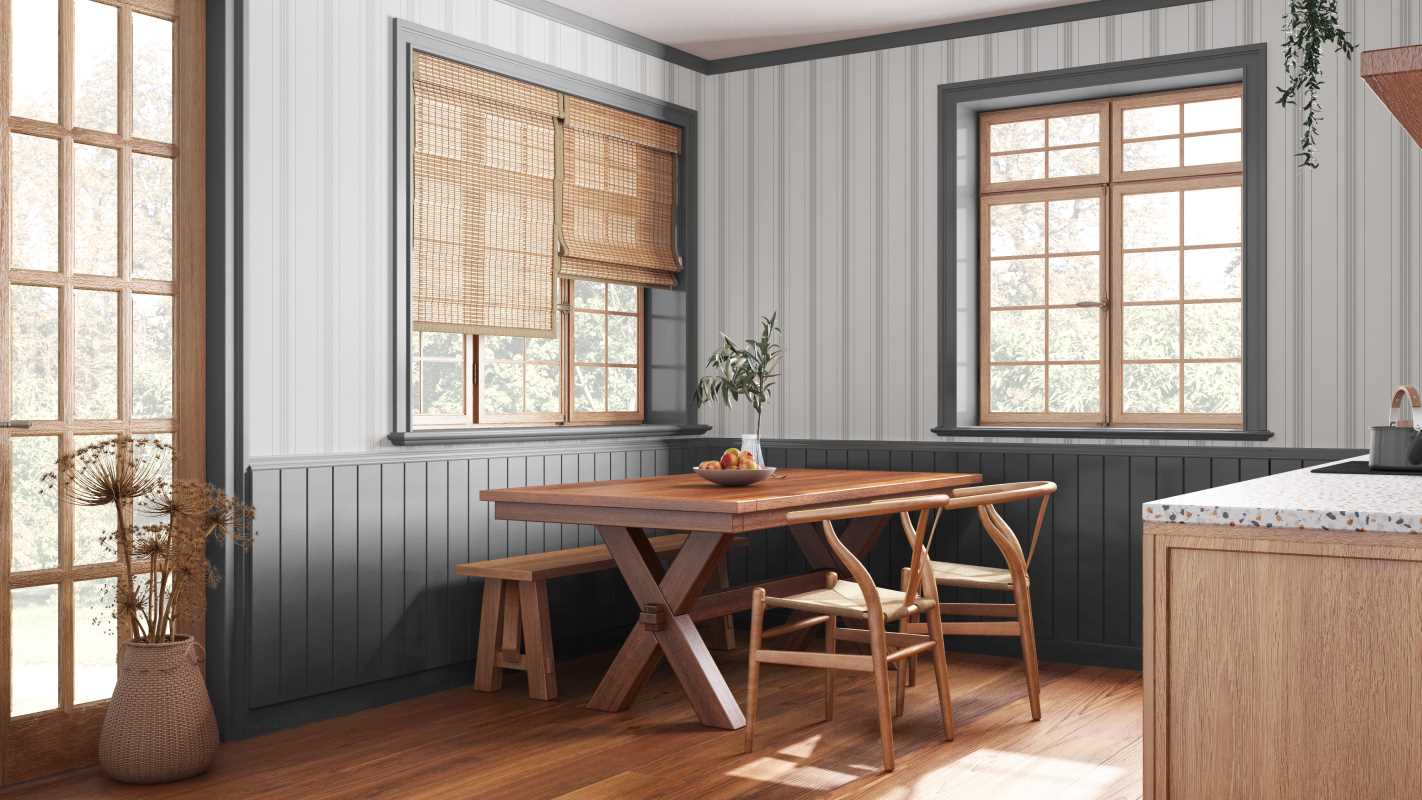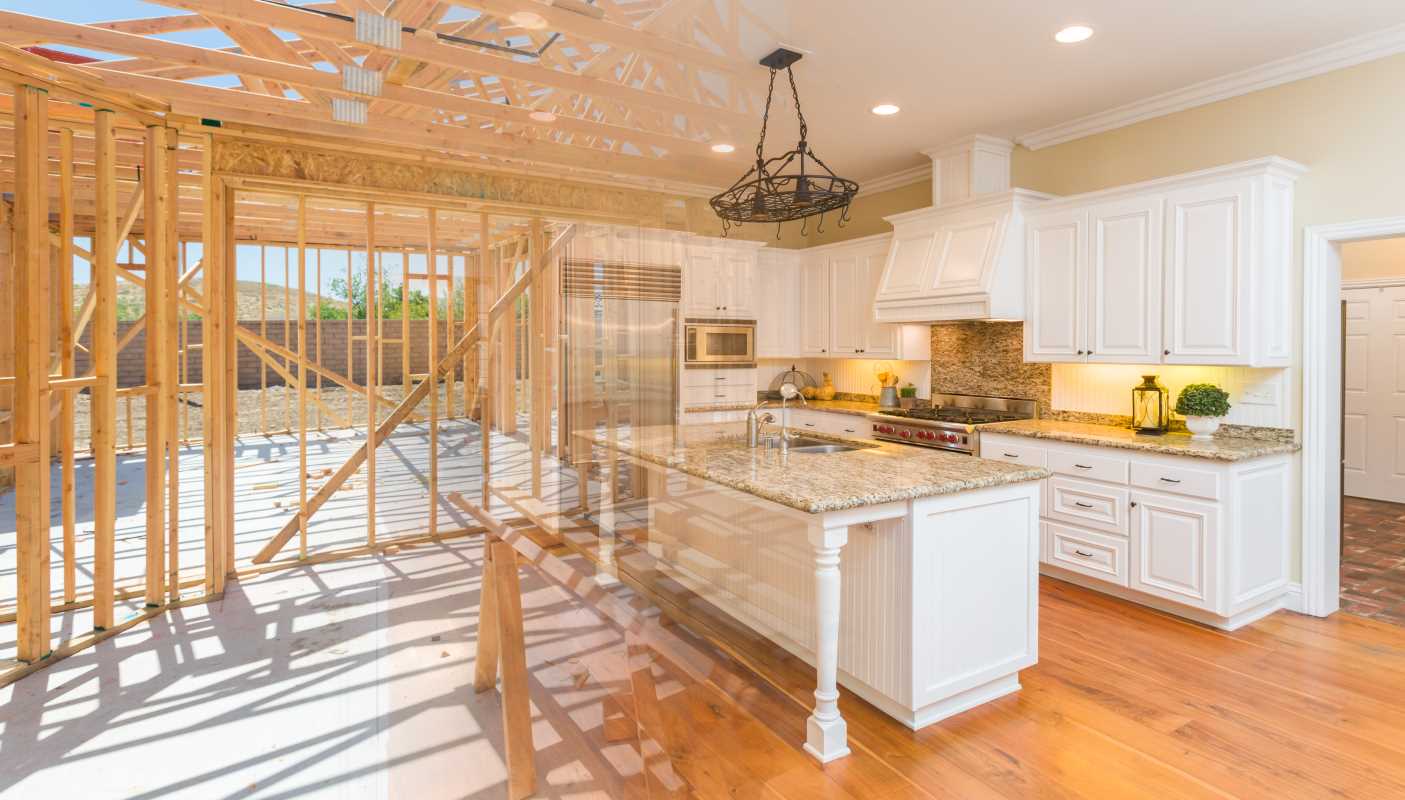A kitchen remodel is no small feat. It’s exciting to reimagine a space that’s often the heart of the home, where family dinners, morning coffee, and holiday baking happen. But when it comes to turning ideas into reality, there’s one big fork in the road—should you tackle the job yourself or turn it over to a professional?
It’s not an easy decision. Each option has its own set of pros and challenges, and the right choice depends on factors like your budget, your skill set, and the scale of the project. Let’s unpack the pros and cons of both approaches, and figure out when it’s worth calling in the experts.
The Case for DIY
There’s something undeniably appealing about taking the DIY route. For starters, it’s often cheaper. Labor costs can take up a major chunk of a remodeling budget, and doing the work yourself can save thousands of dollars. Plus, DIY gives you total control over the project. From the paint colors to the cabinet placement, every design choice is in your hands. You’re the one who gets to decide if the backsplash is quirky tile or a clean, Subway-style pattern.
Beyond the cost savings and design freedom, there’s the personal pride factor. Doing it yourself means being able to stand in your finished kitchen and say, “I did that.” Whether it’s installing new shelves, painting the walls, or replacing hardware, it feels good to pour your own sweat equity into the place where your family gathers every day.
However, DIY is no walk in the park. Sure, you might be a pro with a paintbrush or have a steady hand with a nail gun, but what about the larger challenges? Electrical work, plumbing, and even cabinet installation require a specific level of skill and precision. If these tasks are beyond your expertise, mistakes could end up costing you money—and patience. Replacing a misaligned counter or fixing a leaking pipe isn’t just a headache; it could put you over budget.
Another thing to consider is time. Life is busy enough, and remodeling a kitchen isn’t a one-day project. It can take weeks or even months depending on how much time you have to dedicate after work, errands, and family commitments. You might love a challenge, but if the process drags on too long, what started as a fun project could turn into a source of stress.
DIY is a great choice for smaller, manageable updates. Repainting cabinets, swapping out an old faucet, or adding open shelving are projects that don’t require years of technical know-how. But as you’ll see, it’s not the best route for every scenario.
What You Can DIY
Not all kitchen projects require specialized skills or permits. If you enjoy hands-on work and have the right tools, these tasks can be tackled without professional help:
1. Painting Cabinets and Walls
One of the easiest and most affordable ways to refresh your kitchen is with a fresh coat of paint. Painting cabinets requires patience (and proper prep work), but it’s a great way to modernize your space on a budget.
2. Replacing Hardware
Swapping out old cabinet handles, drawer pulls, and faucets is a simple project that makes a big impact. It’s an easy, cost-effective way to update the look of your kitchen without hiring a contractor.
3. Installing a Backsplash
Peel-and-stick backsplash tiles have made DIY kitchen updates easier than ever. If you want a more traditional tile backsplash, you’ll need tools like a tile cutter and adhesive, but it’s still a manageable project for those willing to put in the effort.
4. Updating Light Fixtures
If you’re comfortable with basic wiring and follow safety precautions, swapping out old light fixtures can be a quick upgrade. However, if you’re dealing with complex wiring, it’s best to call an electrician.
5. Refinishing or Replacing Countertops (With Certain Materials)
Some countertop materials, like laminate or butcher block, are DIY-friendly. However, if you’re considering granite or quartz, professional installation is recommended due to the weight and precision required.
Why You Might Want to Call in the Pros
Sometimes, DIY can only get you so far. Kitchen remodels are complex, and there’s a reason contractors spend years honing their craft. Hiring a professional might cost more upfront, but it comes with a lot of advantages that can make your life easier in the long run.
One major benefit is expertise. A professional contractor has likely handled dozens, if not hundreds, of kitchen remodels. They know how to deal with the unexpected—crooked walls, hidden water damage, or outdated wiring that isn’t up to code. They can also help with big-picture tasks like pulling permits and coordinating subcontractors. When you hire a pro, you’re buying peace of mind that the job will be done the right way the first time around.
But it’s not just about avoiding mistakes. Professionals tackle projects much faster than the average homeowner could on their own. What might take you three months of weekend work, they can finish in a few weeks. That means less time living in a construction zone and more time enjoying your beautiful, functional kitchen.
That said, hiring a contractor isn’t without its challenges. The most obvious one is cost. Labor doesn’t come cheap, and if you’re on a tight budget, the added expense can feel like a dealbreaker. You’ll also have to relinquish a bit of control over the project. While you’ll still make the design decisions, you’ll need to trust the expert’s advice and stay flexible when it comes to unexpected obstacles. Finally, finding the right contractor can take time. Good professionals tend to book up fast, and you may need to wait weeks or even months for your project to begin.
Calling in the pros is essential for structural or technical tasks. Moving a gas line, rewiring a kitchen, or installing new plumbing aren’t jobs to be taken lightly. They often require permits and inspections, and mistakes can result in safety hazards or fines. If a part of your remodel touches on these complexities, it’s time to bring in an expert.
When to Call a Professional
Some kitchen projects require expertise, special tools, and permits. If you’re dealing with any of the following tasks, hiring a professional is the safest (and smartest) choice:
1. Electrical Work
Upgrading lighting, adding new outlets, or rewiring appliances should always be done by a licensed electrician. Mistakes in electrical work can lead to serious safety hazards, including fires or electrocution.
2. Plumbing Changes
Installing a new sink, dishwasher, or refrigerator with a water line involves plumbing work that can quickly go wrong. A small leak can lead to water damage and mold, making professional installation worth the investment.
3. Structural Changes
Removing walls, expanding your kitchen, or making layout changes requires expertise in structural integrity. A contractor can ensure walls aren’t load-bearing and that any modifications meet building codes.
4. Custom Cabinet Installation
While refacing cabinets is a great DIY project, installing new cabinetry is another story. Proper alignment, leveling, and securing cabinetry require precision, and hiring a pro ensures a seamless, long-lasting result.
5. Flooring Installation (Depending on Material)
Vinyl plank and laminate flooring can be installed by DIYers, but materials like tile, stone, or hardwood require professional installation to prevent uneven surfaces and costly mistakes.
6. Gas Line Installation or Modifications
If you’re adding a gas stove or relocating appliances, a licensed professional is needed to handle gas lines safely. Gas leaks are dangerous and should never be a DIY job.







